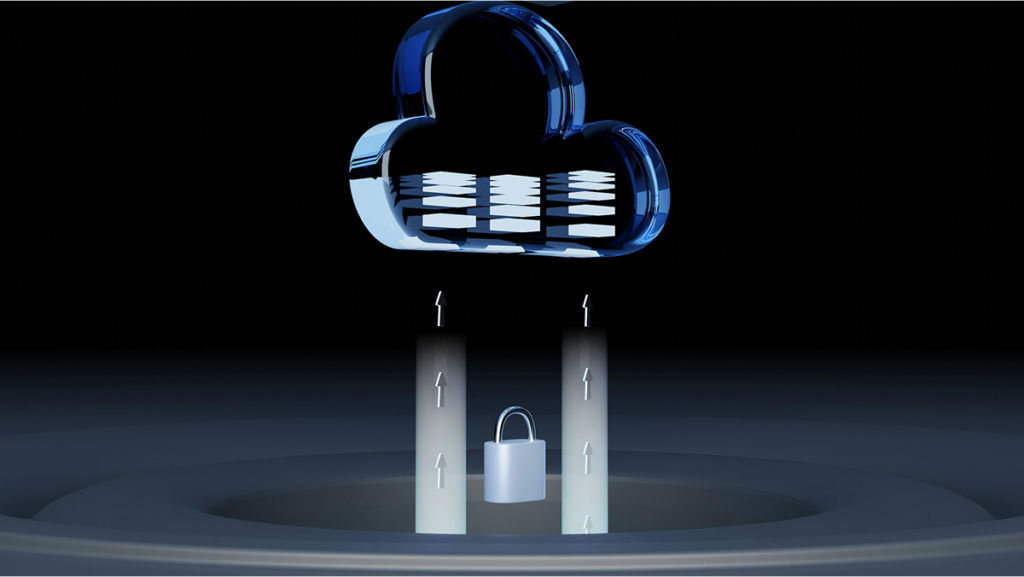
The healthcare industry in the UK is, despite appearances, a melting-pot of practitioners and providers. The NHS, while a titanic achievement in British infrastructural history and a monolithic healthcare presence in the eyes of the average citizen, does not describe the entirety of the UK’s healthcare landscape.
Indeed, the NHS is a multitudinous entity of all its own, governed arms-length by quangos and reliant on independent services for primary care – and this is before acknowledging the increasing presence of private clinics and facilities. And all of those facilities require their own infrastructure, often independent of NHS budgets and resources. Digital security may be a lesser-considered factor in healthcare amongst layfolk, but it is a crucial aspect of any clinic. Why, and why are cloud-based solutions at the centre of the issue?
1. What are cloud-based security solutions and why are they essential?
Data is vital in healthcare. Contact details, medical history, treatment plans, next-of-kin, surgery schedules – all this and more are indispensable for the delivery of expected standards of care, and for the protection and safety of patients under a given facility’s care. This data is confidential and privileged information, though, and must be protected for reasons we will elucidate shortly.
A key contemporary method for protecting this data, far from the olden days of filing cabinets under lock and key, is cloud-based security. ‘The cloud’ describes non-native data storage, computing and access to applications; cloud collaboration allows employees to jointly edit documents online, and cloud storage allows the safekeeping of files and information remotely. Cloud storage is crucial for the free flow of patient data from clinic to clinic, and practitioner to practitioner; cloud-based security, then, is crucial for protecting said data from breaches.
2. The specific security needs of clinics and medical services
Medical facilities use the cloud frequently to enable patient data to be accessed more readily – a potentially life-saving capability, particularly where complications in treatment occur. However, the existence of patient data on the cloud, coupled with the often-aging state of clinic IT infrastructure, makes for a key cybersecurity vulnerability.
Given medical facilities’ responsibilities to comply with GDPR regulations and the Health and Social Care Act 2012 amongst others, the need for robust data protection to safeguard sensitive health information could not be greater.
3. Advantages of cloud-based security for clinics and medical services
Cloud-based security systems take a variety of forms. Managed firewall services are powerful hands-off options for monitoring and protection of your clinic’s network, and strong authentication systems are necessary to protect proprietary cloud healthcare apps from unauthorised access from bad actors. Many cloud services already employ their own cybersecurity measures, but as a medical facility with legal responsibilities, it is key that additional measures are placed – the advantages of which include scalability and agility to new tech needs.
Whatever the makeup of your clinic’s IT infrastructure, the weakest link is not your cloud systems. Even with the above in mind, it is key that ongoing training, monitoring, and support are given to staff to ensure they understand the dangers of cybercrime, and the key methods by which data is stolen.



